Nature reports
Page 23 of 41 - 401 Results
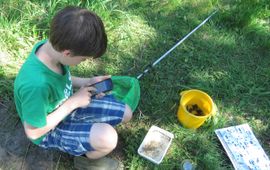
Measuring biological water quality by volunteers has an added value to monitoring by professionals. It helps to obtain a fuller picture of water quality in Dutch ditches, streams, ponds and canals. ..
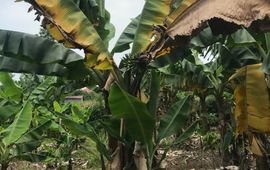
Fusarium oxysporum f. sp. cubense (FOC) is a fungus found across the world, and various of its races are hitting the banana industry hard. This has major consequences in Vietnam, in particular, where the new FOC-TR4 race is taking..
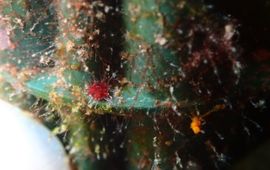
Diadema sea urchins play a vital role in maintaining a balanced coral reef ecosystem and their restoration is essential to assist recovery of the degraded coral reefs around Saba and Sint Eustatius. A research by University of..

This year the Saba Conservation Foundation (SCF) became the new tenant of an old power plant at the Fort Bay harbor of Saba. SCF is planning and searching for funds to convert it into a Marine Research Station. The facility will..
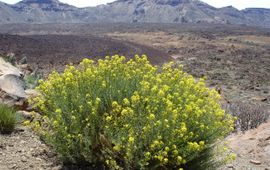
Plants collected more than a century ago are still important to science. Naturalis researchers are using these to construct a family tree of plant life...
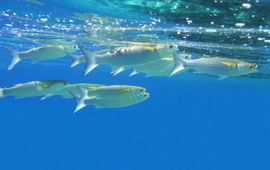
Year-to-year fluctuations in seawater temperature are partly responsible for the much slower ups and downs in the abundance of marine fish stocks. This is the conclusion from a worldwide study conducted by Wageningen University &..
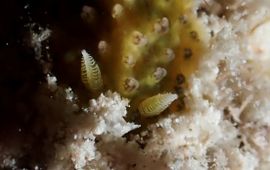
Aegires sublaevis, a rare nudibranch, was recently documented in Bonaire. This nudibranch has not been reported from anywhere else in the Caribbean, and this discovery showcases again the diversity – known and unknown – of the..
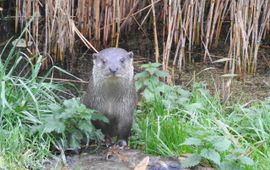
The otter populations in The Netherlands and Eastern Germany are growing towards each other. Genetic research has concluded that the populations in The Netherlands and Eastern Germany have met in Lower Saxony last year. This is a..
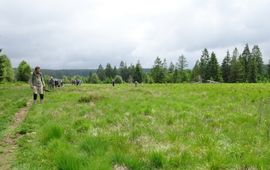
350 scientists participated from 7 to 10 September 2021 in the 12th European Conference on Ecological Restoration, held online and organised by the University of Alicante (Spain) and SER Europe. As a result, the Conference ended..
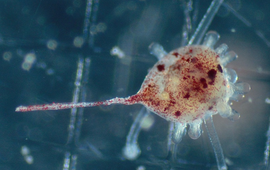
On October 22st, 2021, the first ever recorded Diadema sea urchins in the Caribbean were cultured on Saba. Diadema sea urchins are important grazers and can facilitate corals by reducing their competition with algae. By culturing..
